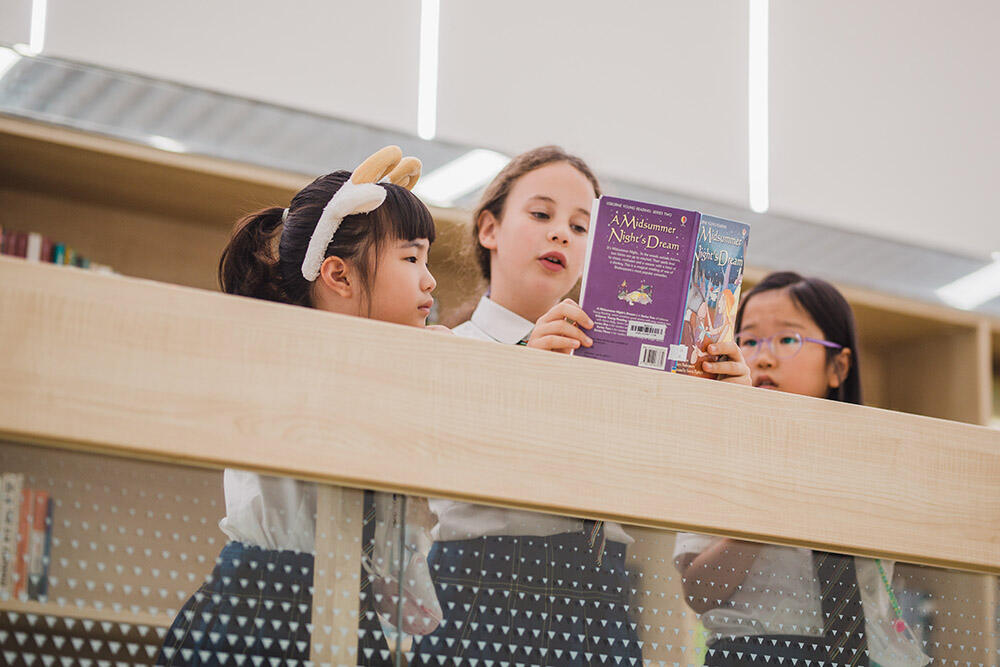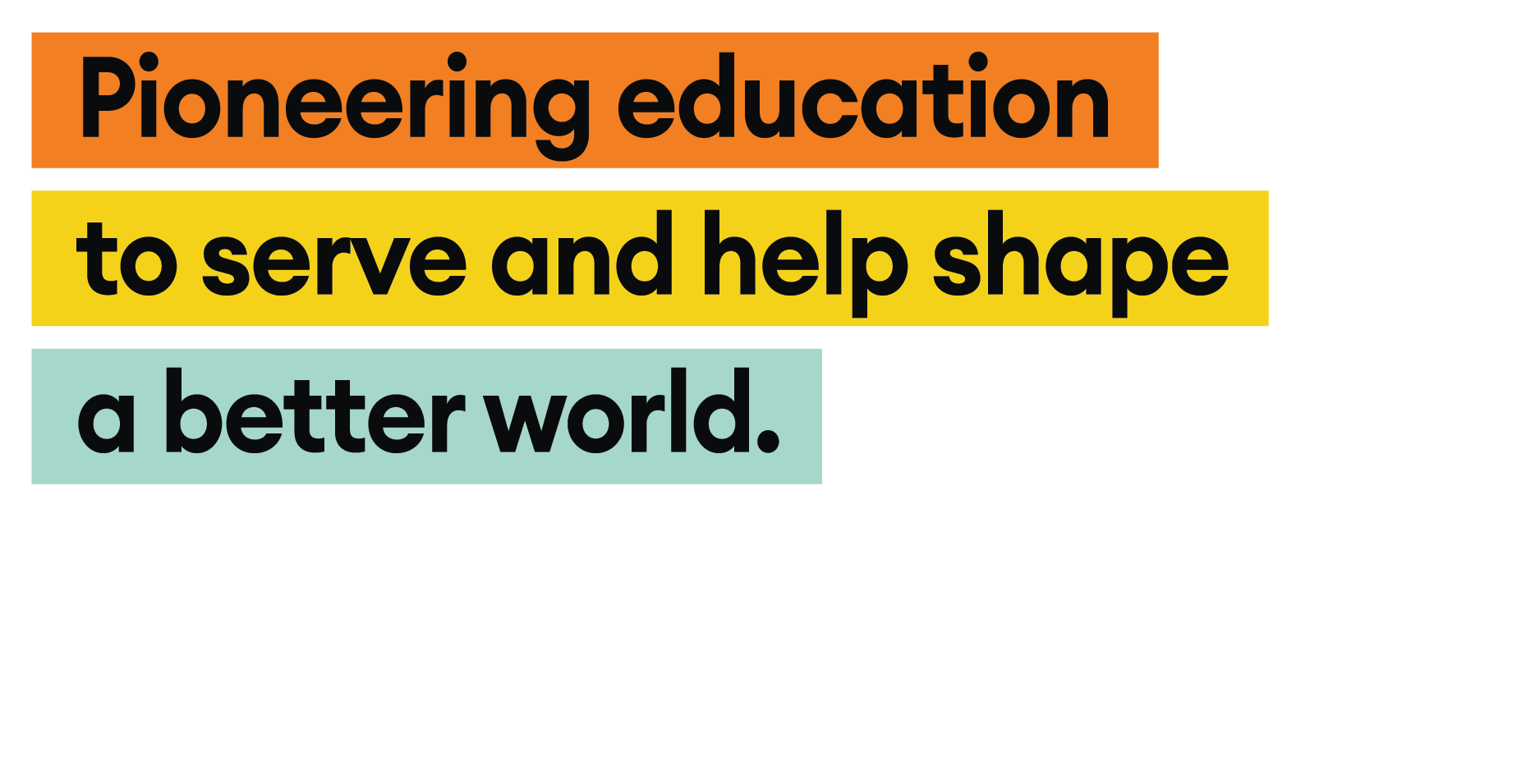Educating for the Future
The disruptive and transformational influence of technology on our lives is profound. Growing up in a world where lives are influenced by “ones” and “zeroes” would have seemed ridiculous 20 years ago, but now is a reality. Understanding the science behind computers helps pupils feel connected to the world they live in. Preparing this generation and the next for the ever-changing future is a priority. Robotics is now becoming an indispensable part of the curriculum.



The coming of the digital age and now soon the quantum age is pushing the boundaries of what was once thought impossible. Pupils need to understand the power of computers and how they can be used to transform their lives and others. The STEAM curriculum at Wellington College Junior School seeks to engage pupils in authentic learning that promotes 21st-century skills such as critical reflection/thinking, skilled communication, knowledge construction, interdependent work, iteration, cultural responsiveness, empathy and leadership.
A teacher’s experience can help with troubleshooting. Pupils are often confused as to why certain codes will not work. Talking through their thinking with a teacher and the teacher using questioning techniques can often lead a pupil to elicit an answer to the problem.
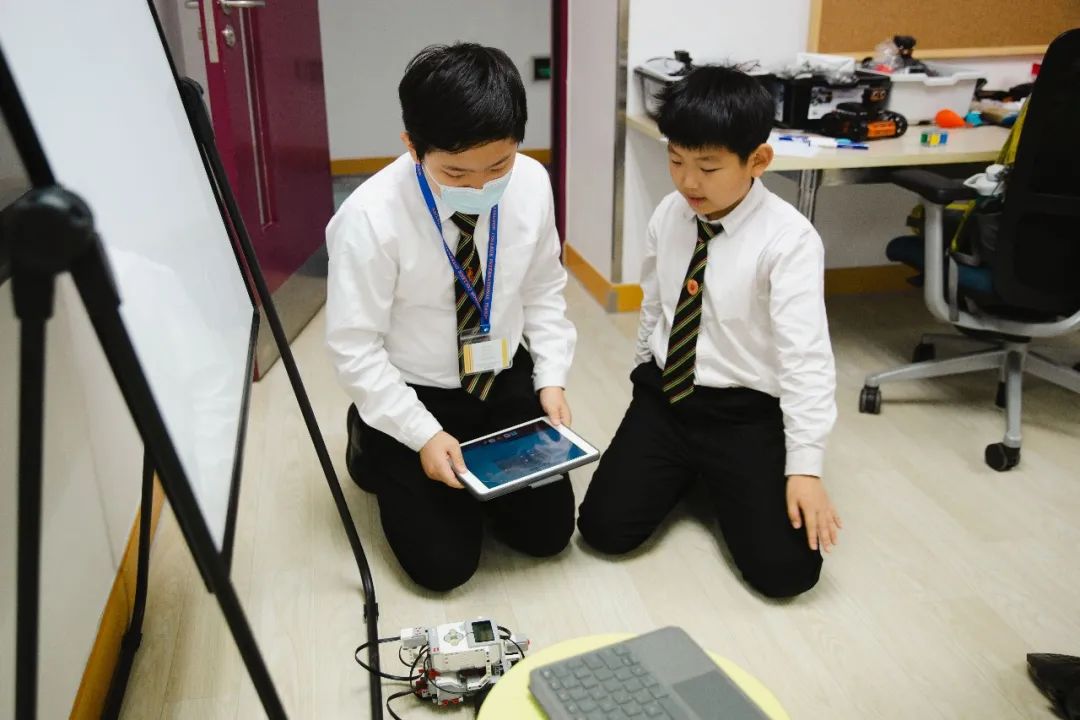
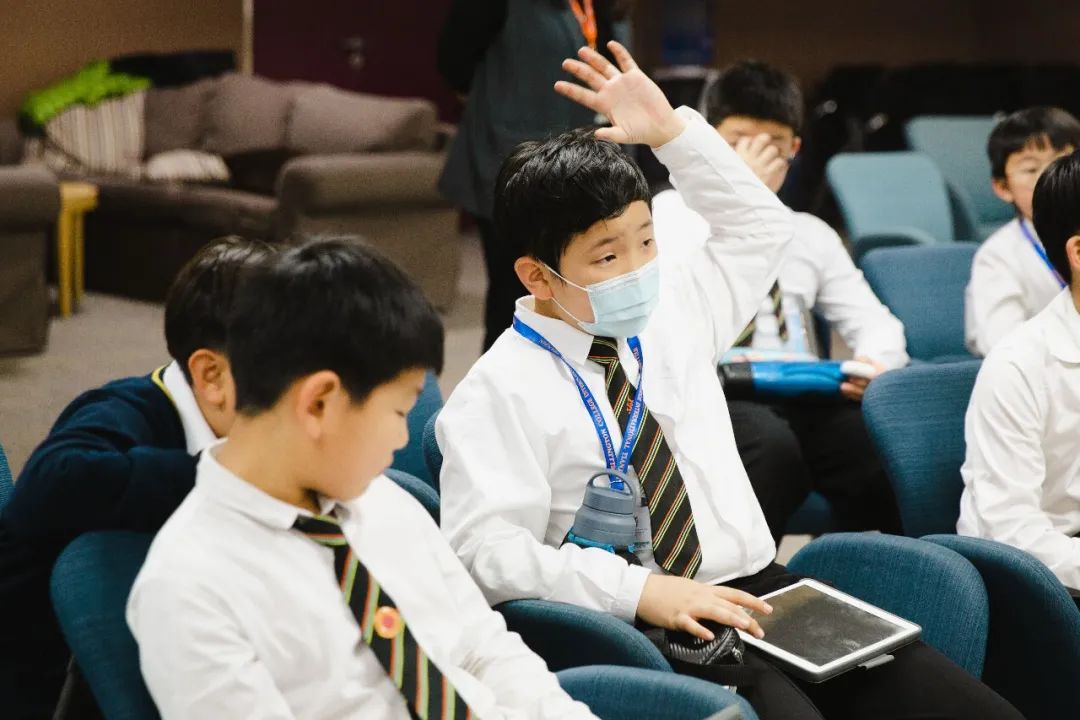
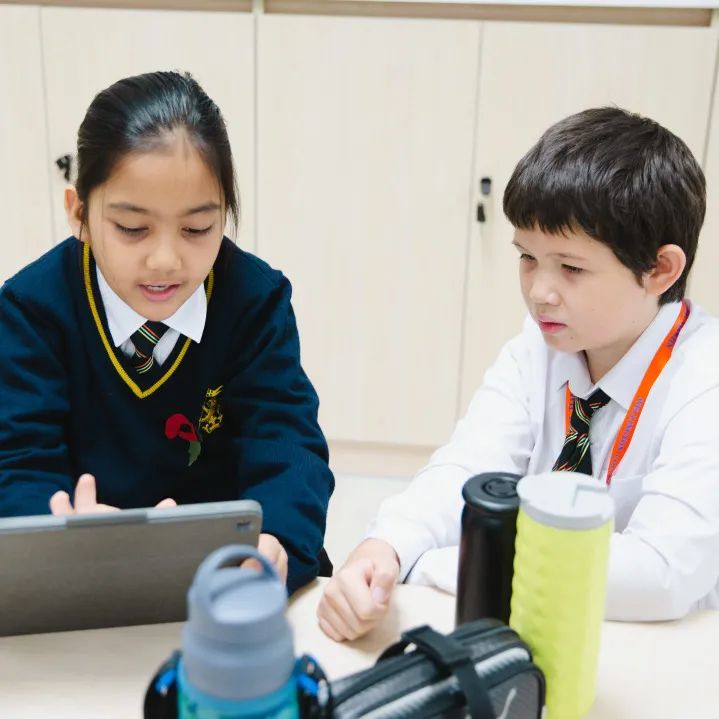
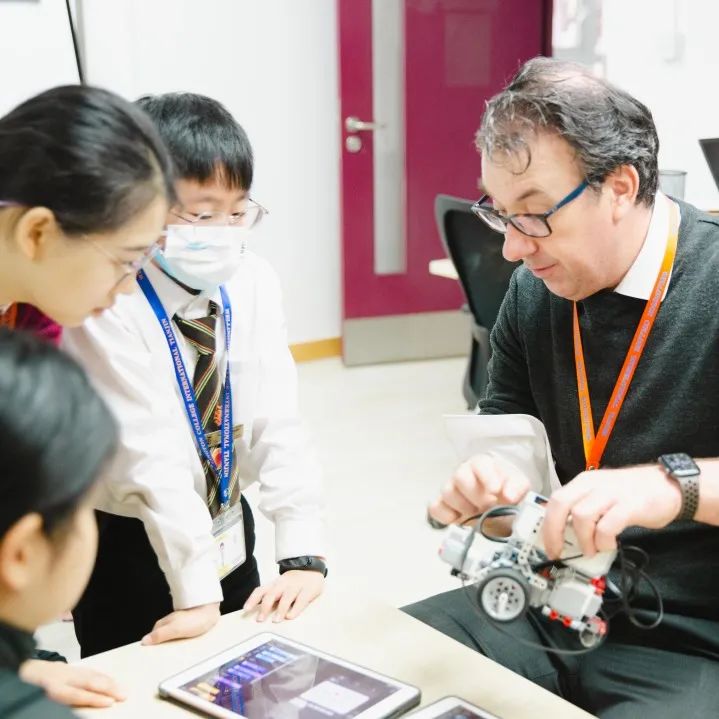
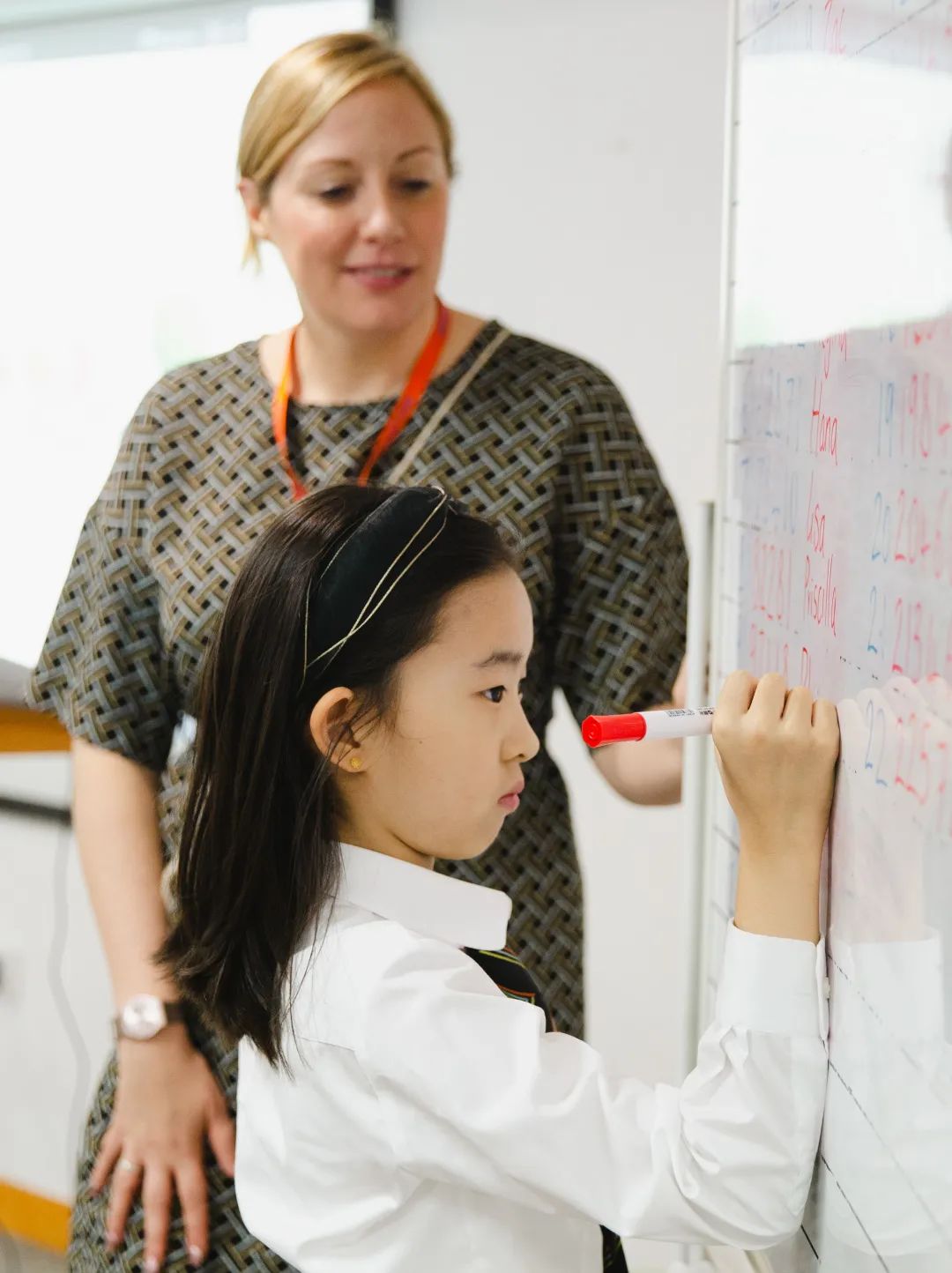
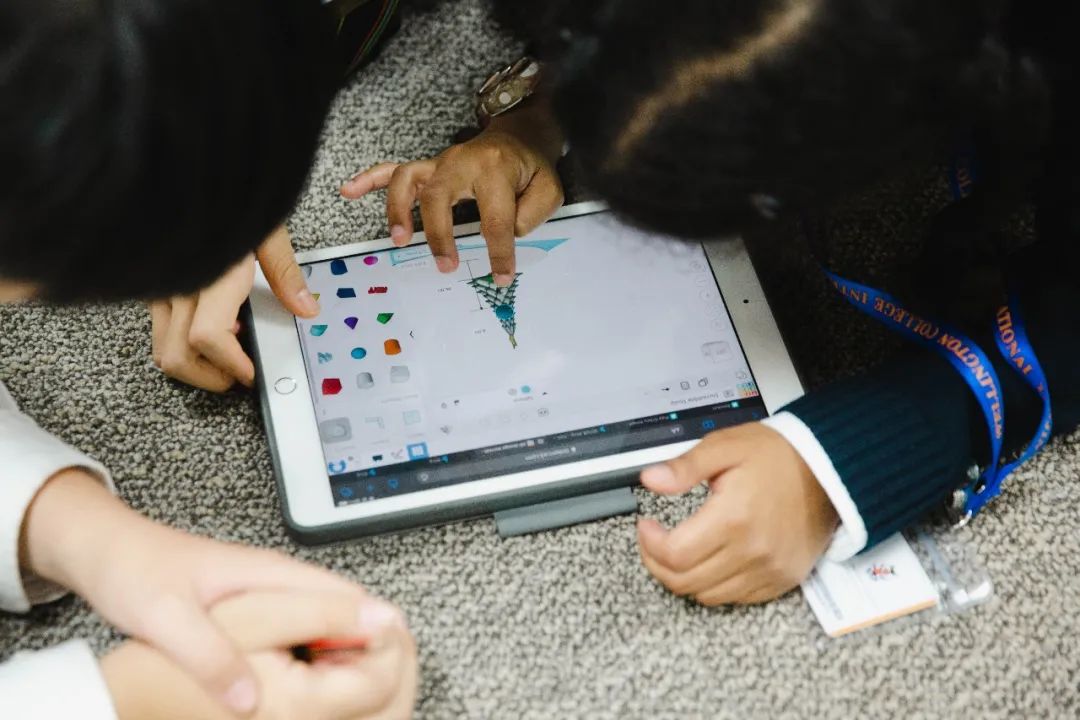
Pupils working Independently
Through iteration, pupils can develop a solution to their problem and often start to explore different aspects of the software. Working by oneself often allows pupils to reflect more critically on their work.
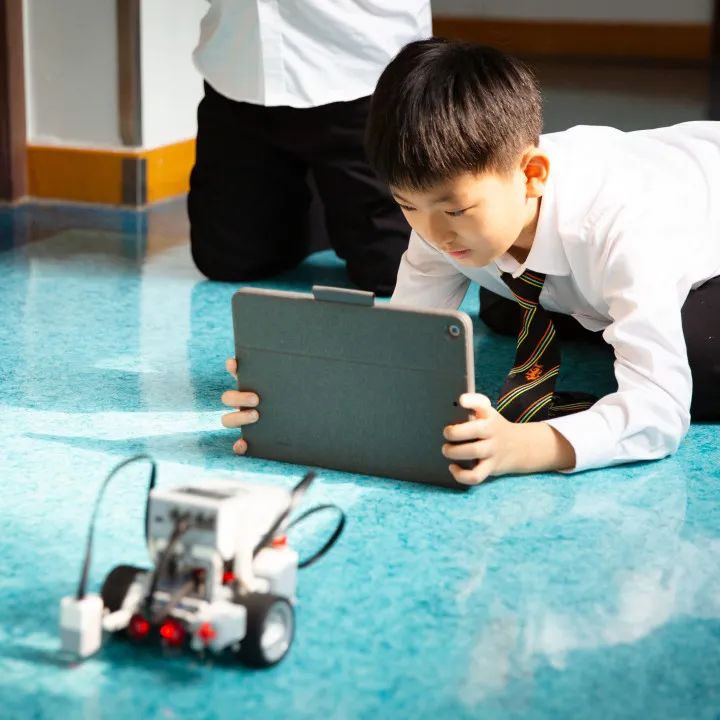
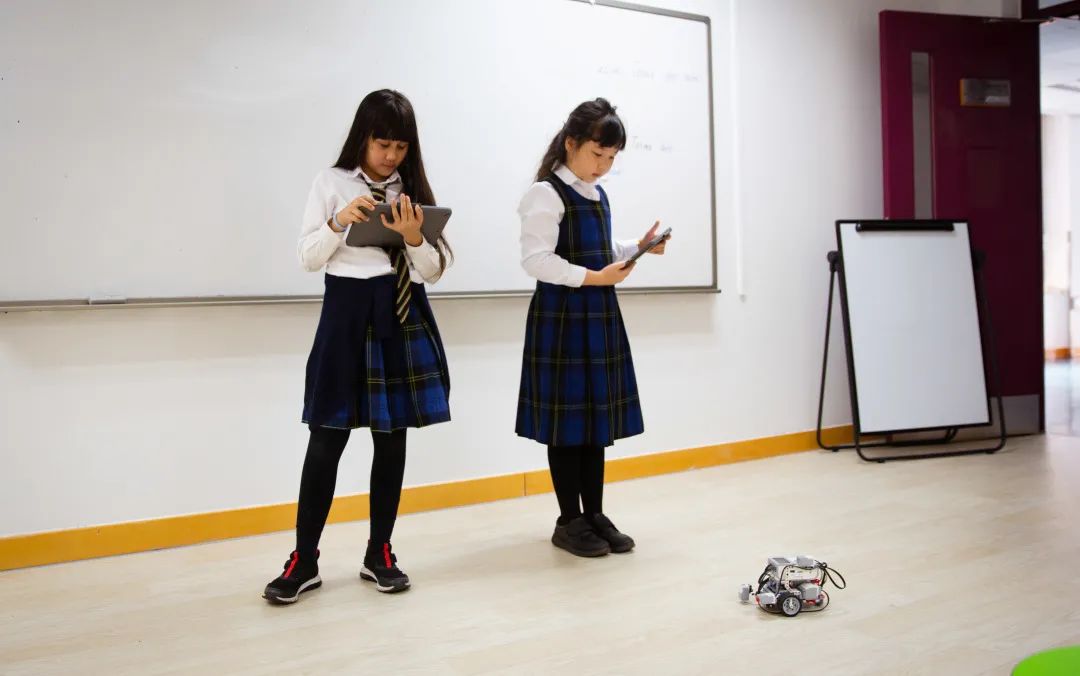
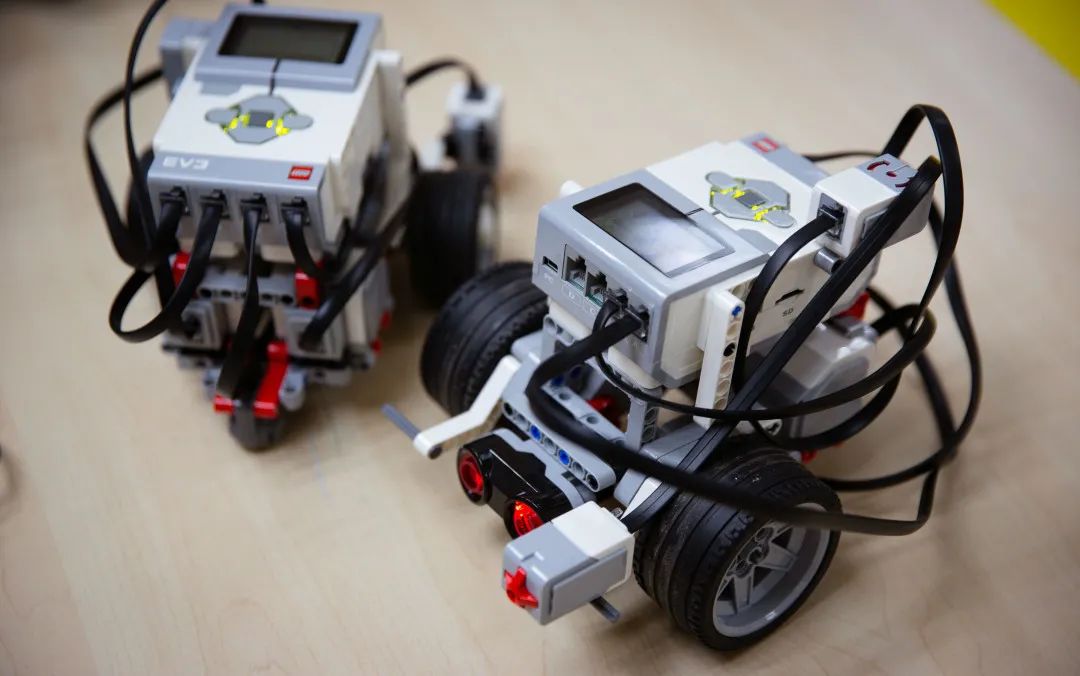
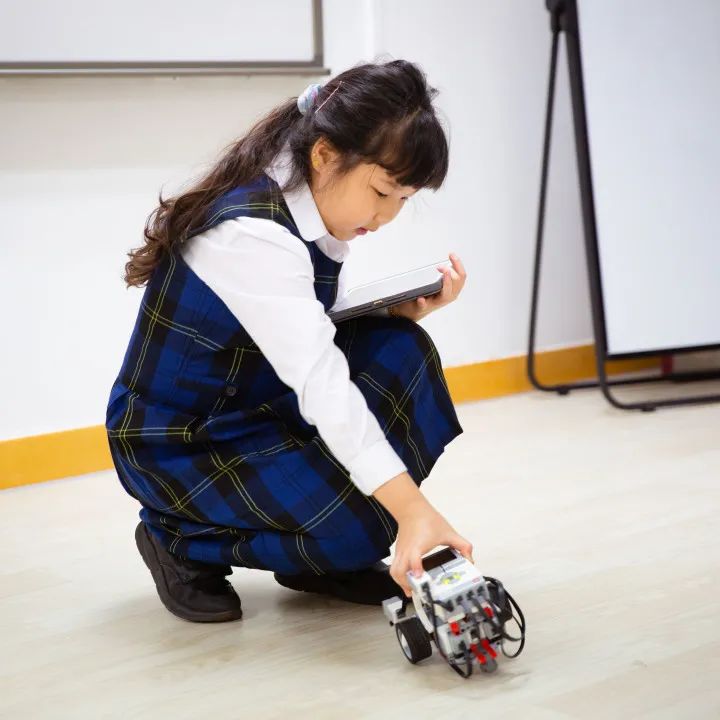
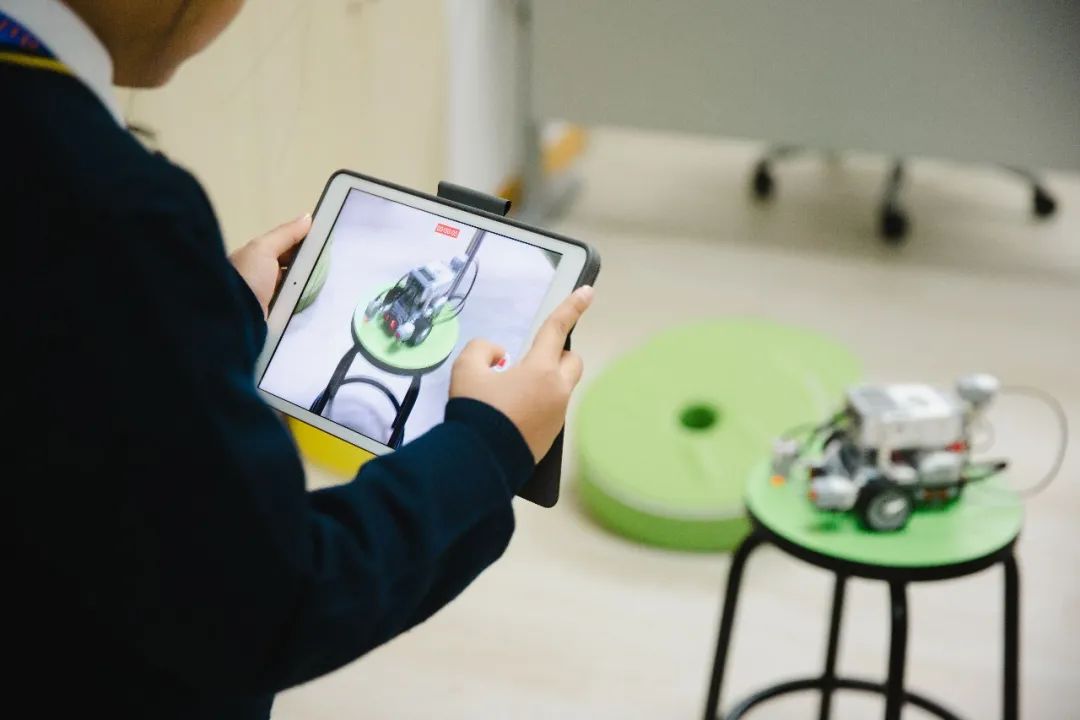
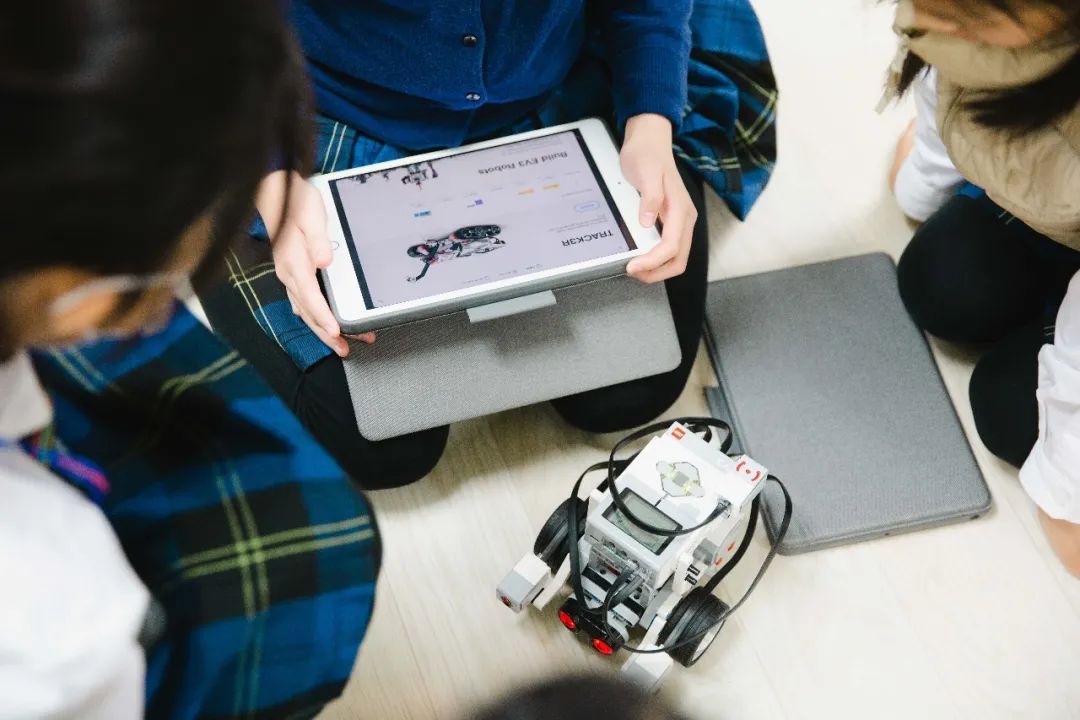
Pupils working together
Interdependent working when done right allows groups of pupils to form bonds over a common goal. Group work builds empathy, perspective, and leadership skills. Not only are they coding together but they are learning to work together.
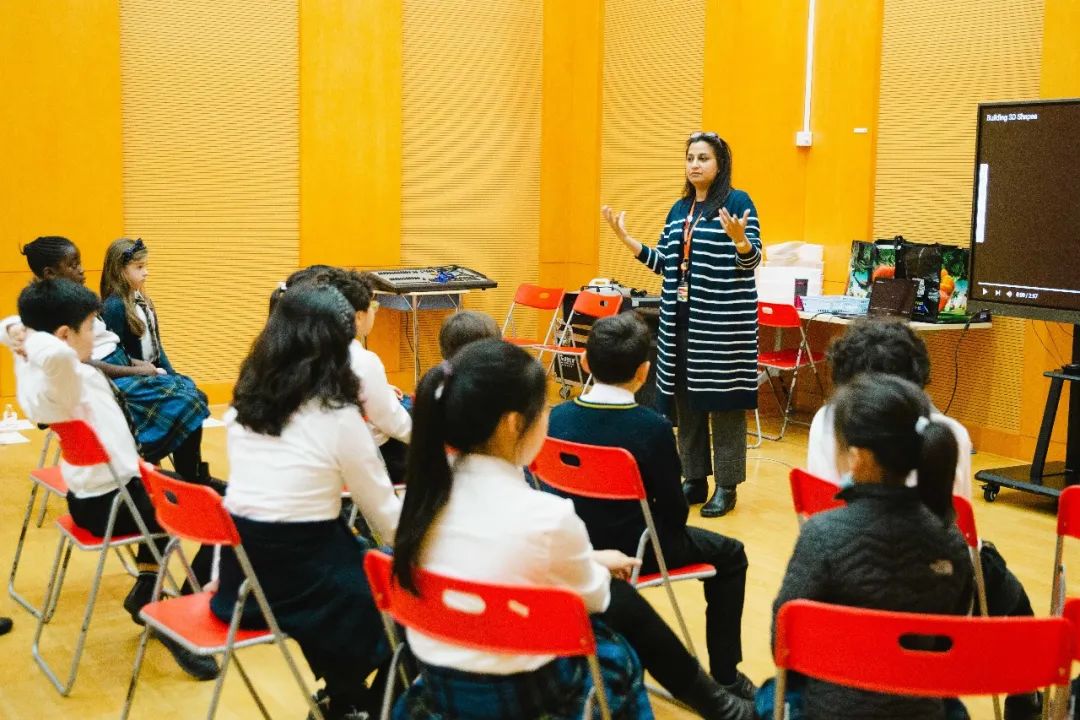
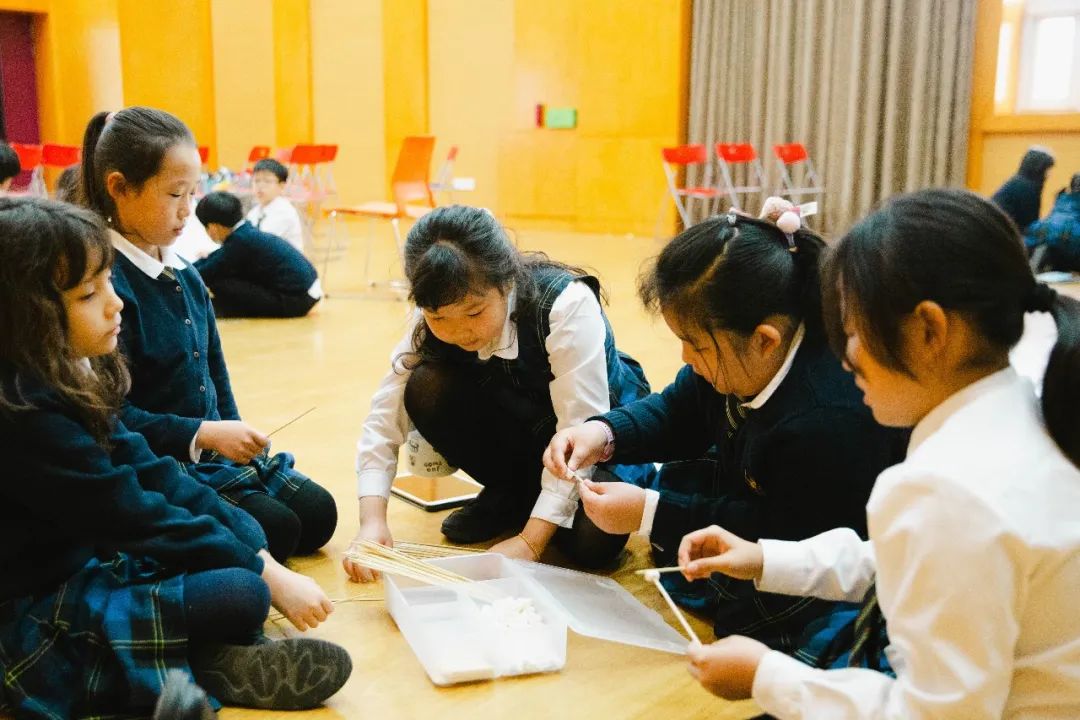

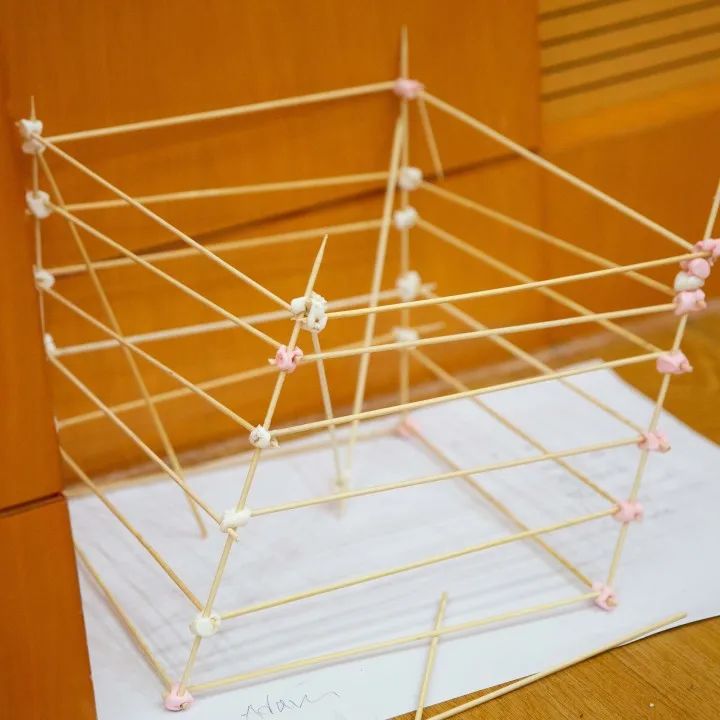

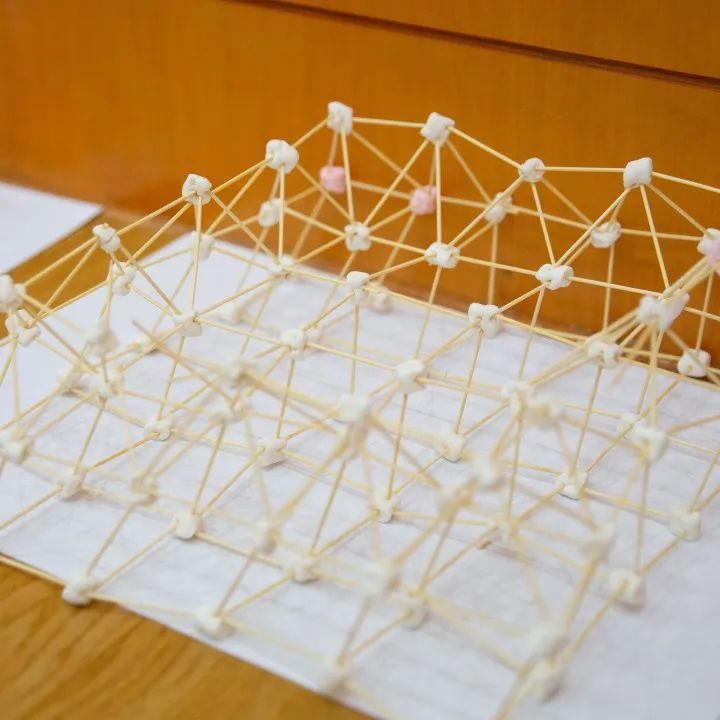
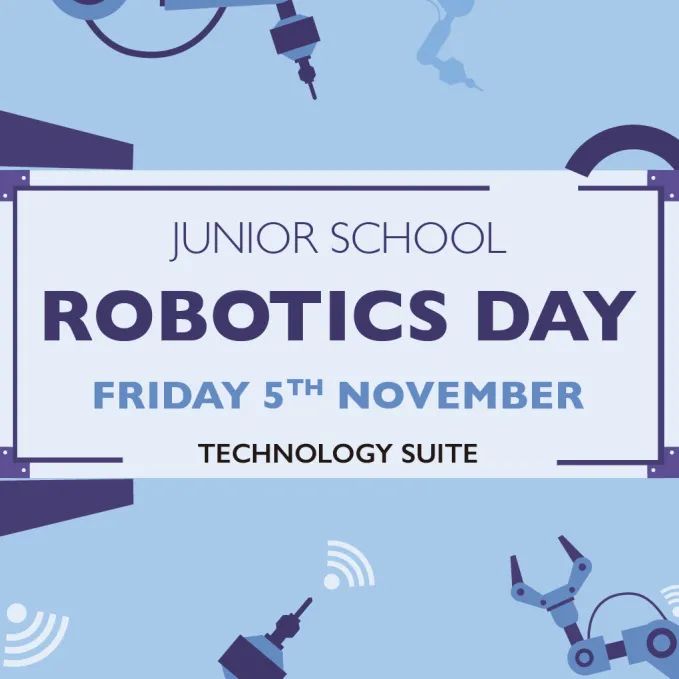
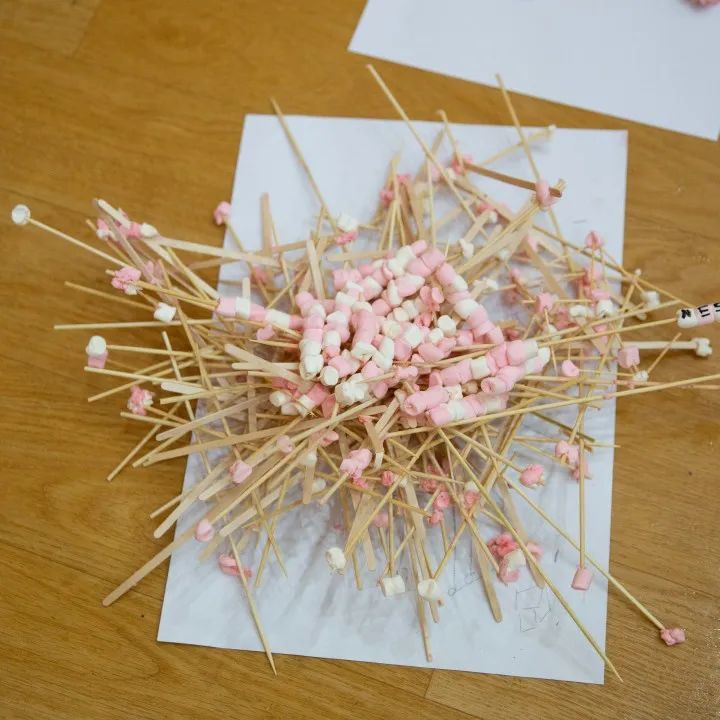


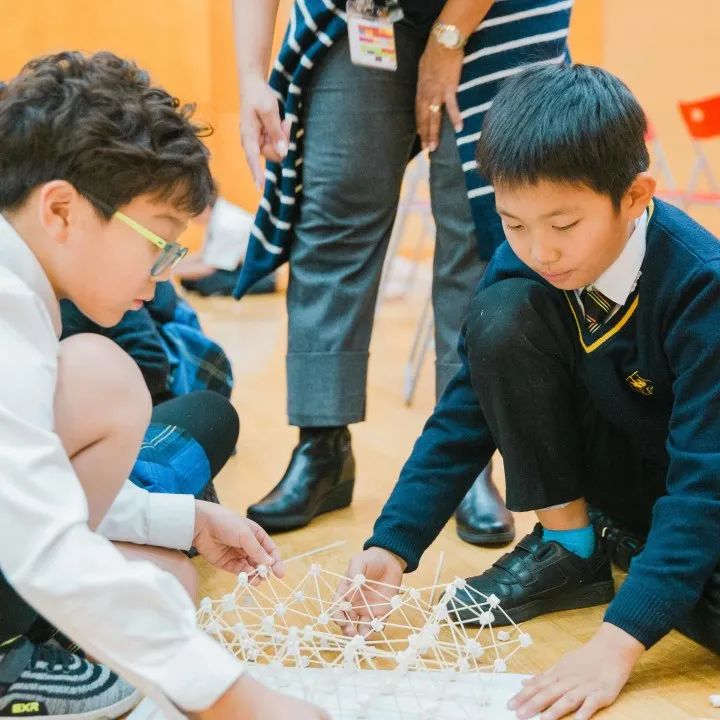
Related Articles
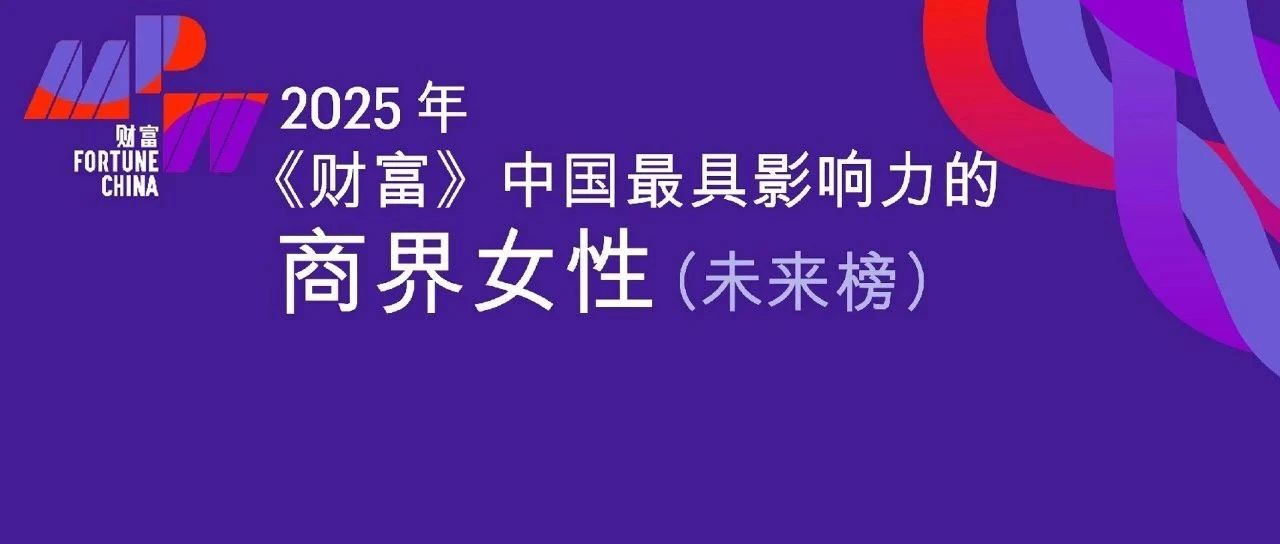








 Channel
Channel 
 Linkedin
Linkedin  Facebook
Facebook  Ins
Ins 

